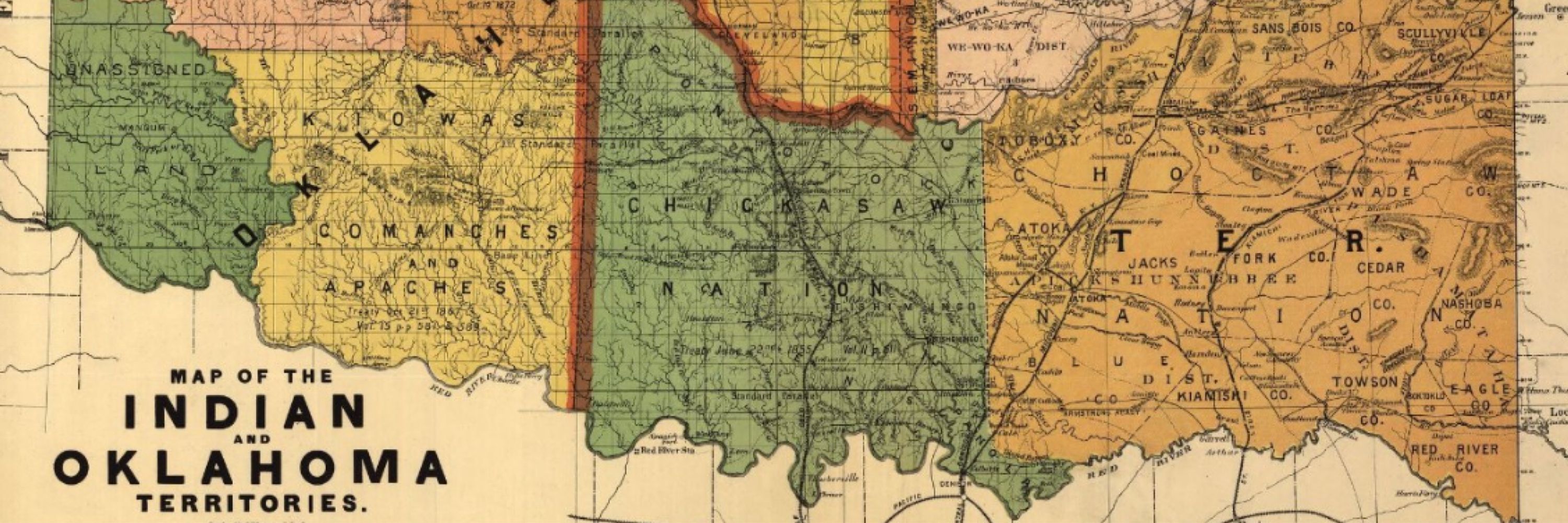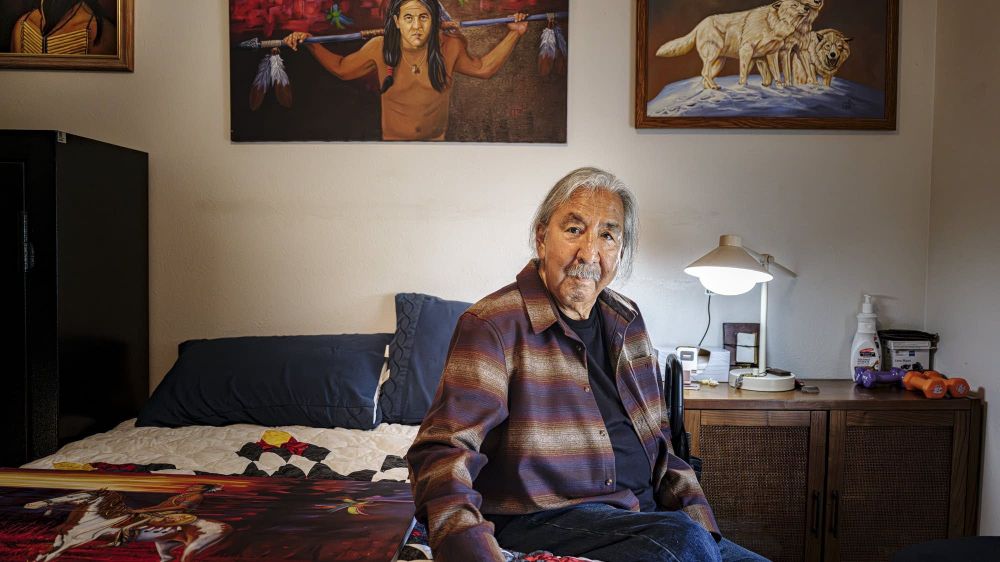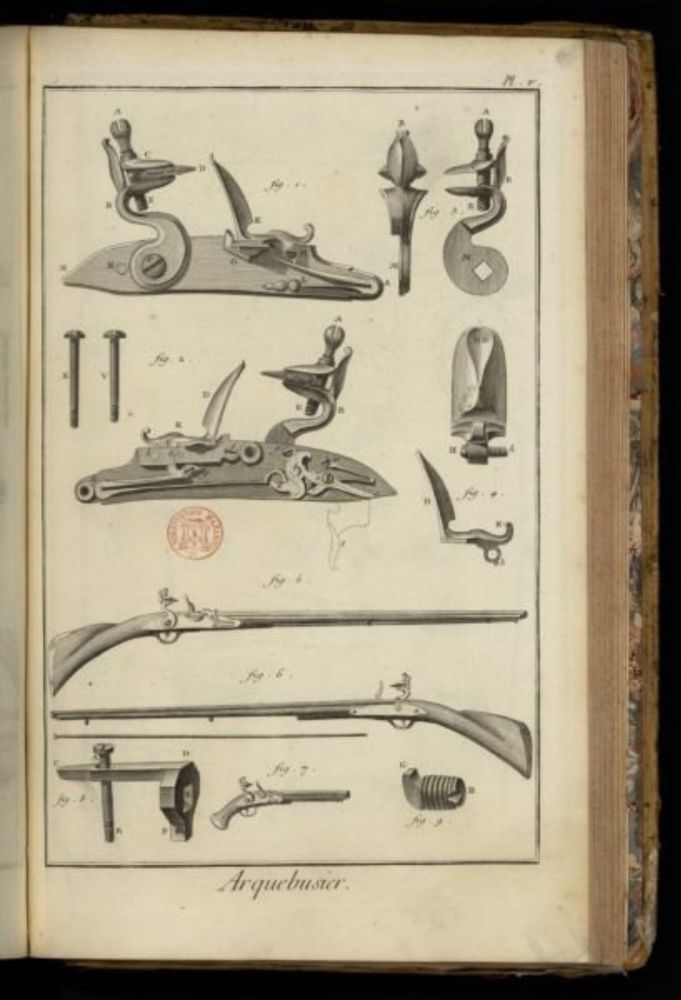
And thanks for the photo @maggieblackhawk.bsky.social!

And thanks for the photo @maggieblackhawk.bsky.social!
"We must clearly, loudly, and unequivocally state that was wrong.”
www.courts.wa.gov/opinions/pdf...



![Returning to Cherokee Nation, Justice William Johnson’s separate opinion was
less tempered in how he considered the various Native American tribes:
I cannot but think that there are strong reasons for doubting the
applicability of the epithet state, to a people so low in the grade of
organized society as our Indian tribes most generally are.
Cherokee Nation, 30 U.S. at 21. Native Americans were not to be treated as “equals to
equals” but, instead, the United States was the conqueror and Native Americans the
conquered. Id. at 23.
In discussing Native Americans, Justice Johnson employed another racist trope
used by judges both before and after him: Native Americans were uncivilized savages.
[W]e have extended to them the means and inducement to become
agricultural and civilized. . . . Independently of the general influence of
humanity, these people were restless, warlike, and signally cruel.
. . . .
But I think it very clear that the constitution neither speaks of them as states
or foreign states, but as just what they were, Indian tribes . . . which the law
of nations would regard as nothing more than wandering hordes, held
together only by ties of blood and habit, and having neither laws or
government, beyond what is required in a savage state.
Id. at 23, 27-28.
This same characterization was used by Justice Stanley Matthews in Ex parte KanGi-Shun-Ca (otherwise known as Crow Dog), 109 U.S. 556, 3 S. Ct. 396, 27 L. Ed. 1030
(1883). Justice Matthews described Native Americans as leading a savage life.](https://cdn.bsky.app/img/feed_thumbnail/plain/did:plc:6h7b2i6ttw3l4t7pvbvxdith/bafkreih4usl4xndm4j7udmsbopzsbha4zznbk6ahlemijsxfj77lchvjpy@jpeg)
"We must clearly, loudly, and unequivocally state that was wrong.”
www.courts.wa.gov/opinions/pdf...

nondoc.com/2025/07/23/m...




nondoc.com/2025/07/03/a...

Link below if #LawSky #LawTwitter wants to check it out!
Link below if #LawSky #LawTwitter wants to check it out!


shear.org/about-us/she...

Comments, suggestions, and criticism are welcome.
papers.ssrn.com/sol3/papers....
Comments, suggestions, and criticism are welcome.
papers.ssrn.com/sol3/papers....




